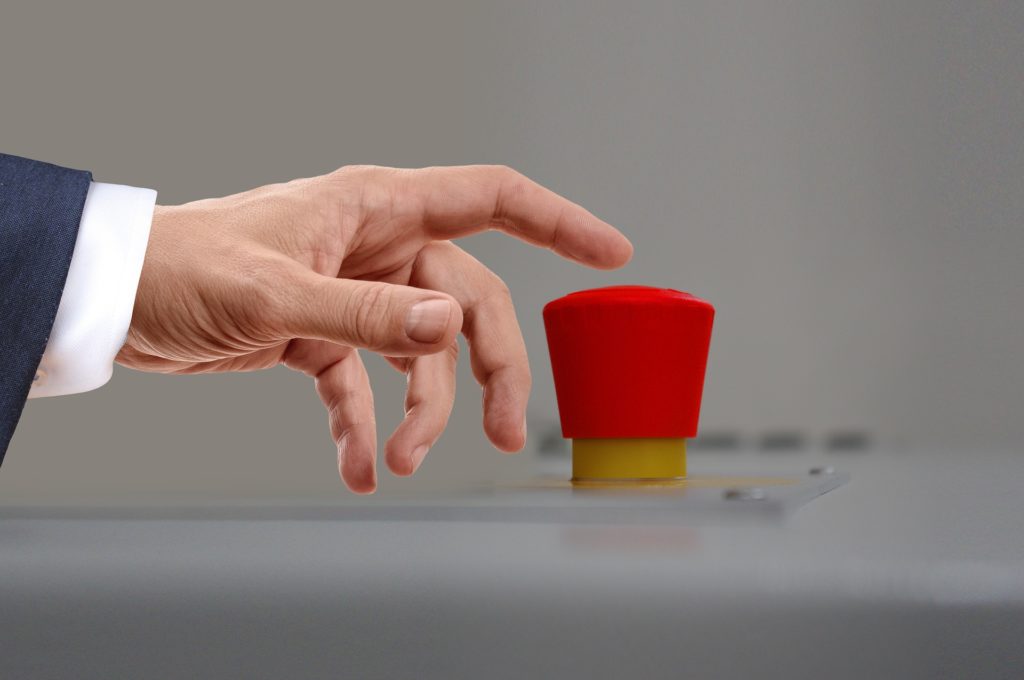
Trigger finger syndrome is a disease in which pain occurs in the flexor tendon tissue used to flex the finger due to swelling or nodules in the tendons of the fingers. It mainly occurs on the thumb, middle finger, and ring finger, and the pulley part on the palm side is thickened and feels resistance like pulling the trigger of a gun, so it was named trigger finger. In English, it is called trigger finger. .
The main cause of trigger finger syndrome is not known. It occurs more frequently in occupations that work long hours with fingers bent under tension, occupations that hold instruments or steering wheels with handle handles for long periods of time, occupations that deal with machinery that vibrates repeatedly like a drill, and occupations that use a lot of computers. is known to do. In addition to the occurrence of genetic factors such as family history and chromosomal abnormalities, the phenomenon of repeated palm rubbing due to exercise while holding a golf club or racquet also affects the occurrence. In addition, secondary trigger resin can also be caused by diabetes, gout, kidney disease, rheumatoid arthritis, and tuberculosis, and it has been known that excessive smartphone use has a significant effect on the occurrence.
In the past, trigger finger syndrome has a higher incidence in certain occupational groups with the characteristics of working long hours with bent fingers, office workers who use a lot of computers, housewives who use a lot of hands, catering-related occupations, and athletes such as golf or tennis. It was high, but in recent years, it has appeared regardless of occupation due to the rapid increase in smartphone usage, and it is reported that the age of the onset is getting wider every year. Now, let’s learn more about the main symptoms, treatment, and prevention of trigger finger syndrome in more detail.
Main symptoms of trigger finger syndrome
A common clinical symptom of trigger finger syndrome is pain in the area of friction, and sometimes a ‘click’ friction sound similar to a trigger sound is heard. And the fingers do not straighten well, and if you forcefully straighten your fingers, you will not be able to bend them well. In addition, the joint area where the palm and fingers connect may be swollen and may appear accompanied by a feeling of heat. And when the tendon becomes inflamed, it can feel like a pinch when you try to straighten or bend your finger. Then, the fingers pop out as if pulling the trigger of a pistol.
Trigger finger syndrome often goes away without friction over time. However, if left unattended, it can become chronic enough to cause degeneration of the tendon, and if the symptoms become more severe, the fingers may become immobile and immobile. Therefore, it is important to get proper diagnosis and treatment before symptoms become severe. In addition, it can be said that it is as important as treatment to gradually improve and correct the tasks and lifestyles that put strain on the fingers for a long time.
Treatment and prevention of trigger finger syndrome
1. Diagnosis and treatment
In order to diagnose trigger finger syndrome, a physical examination is performed to check the trigger phenomenon at the moment the tendon is caught and released, and at the same time, ultrasound examination and MRI are performed to confirm spindle hypertrophy of the tendon or swelling of the pulley. And according to the diagnosis result, non-surgical treatment such as implementation of lifestyle to stabilize the finger, wearing of orthosis, drug treatment, physical therapy, and steroid injection is proceeded. If symptoms do not improve despite these non-surgical treatments, surgical treatment that eliminates the trigger phenomenon through an incision will be considered.
2. Control your smartphone usage
Excessive use of IT devices such as smartphones and tablets is known to be a factor that greatly affects the occurrence of trigger finger syndrome, so it is important to properly control the use. Also, it is important to adjust the time for repetitive tasks of holding the handle in hand for a long time or computer work that uses a keyboard or mouse in a fixed position, and it is recommended to take a break after working for a certain period of time. Also, please note that using a cushion or a protector that can protect your wrist while working on a computer can help a lot in prevention and management.
3. Stretch
Frequent stretching to relieve wrist and finger fatigue is also one of the very important management habits for the prevention and improvement of symptoms of trigger finger syndrome. In particular, when stretching to release wrists and fingers during breaks during repetitive work or computer work, it has the effect of relieving muscle stiffness and tension, which is said to be very helpful in relieving symptoms.
If you use your wrist or fingers a lot, soaking your wrist in warm water and massaging it for about 10 minutes is said to help a lot. It is said that this type of massage helps to relieve symptoms because it promotes blood circulation and reduces tension and pain.








